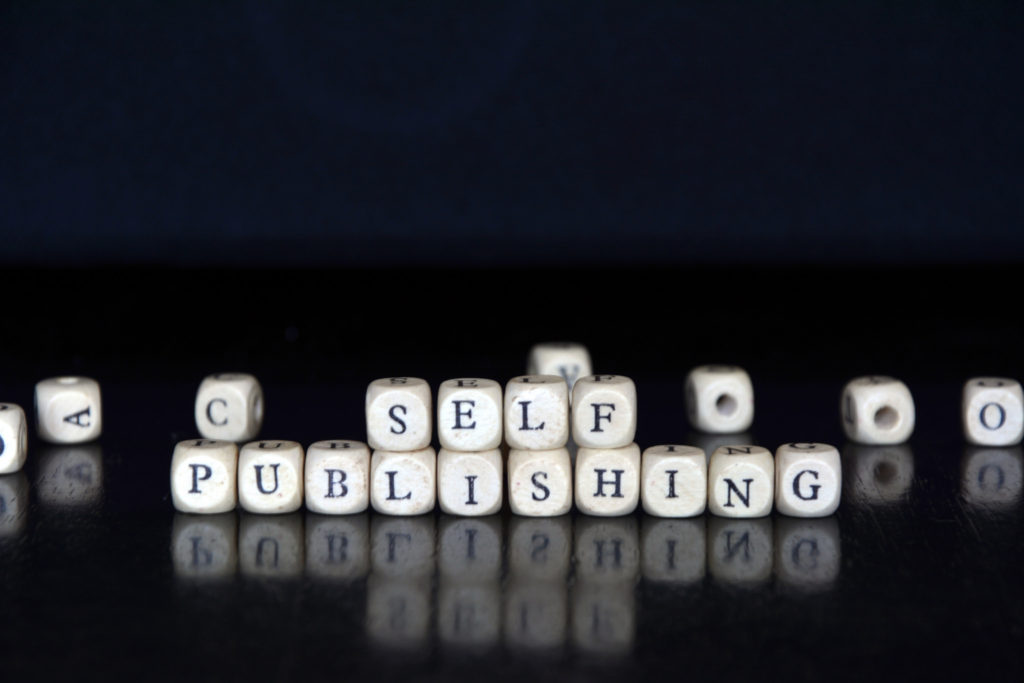Is self-publishing your board game a good idea?
Today, I’d like to challenge one of the most fundamental assumptions of this blog: that self-publishing your board game is the best way to go. While I certainly like the self-publishing route and found it empowering, just as many people might find it to be disempowering drudgery. There is no single right decision when it comes to self-publishing or not. Consider your motivations and think carefully about which choice lines up the most with what you want.
Looking for more resources to help you on your board game design journey?
Here you go: no email required!
Like this writing style?
Check out my latest blog on marketing here.
Let’s go ahead and take a brief and brutally honest look at the reality of both sides.
Why Self-Publishing is Great
Without a doubt, the most compelling reason to self-publish your board games is the fact that you have complete creative control. You are not forced to make any edits to your work for any reason. You do not have to conform with genre standards. You can take big risks and do strange things. You do not have to prime your work for marketing and you do not have to bend to the will of companies which have their own standards and norms.
As an individual creator or a creator within a small, independent group of creators, you’ll be able to connect with others on an individual basis. You do not have to run your ideas across a company before talking to others. You can simply just do it. You can reveal as much as you want to reveal, you can completely open your game up to the public, or alternatively, keep everything hidden. People will know you by your name and not just as someone with Asmodee, Stronghold, or some other publishing company.
When it comes to money, you’ll get all of it if you work alone. If you work within a small group, you’ll walk away with a much bigger share than any publishing company would be willing to offer you. Even if you sell less, the profit margin is much, much higher.
Why Self-Publishing Sucks
Though you might be walking away with a higher percentage of the profits, the odds of making a profit are pretty slim. In fact, you’re a lot more likely to sell a lot of units if you go through a publisher. Even if you make less money per unit, you could still come out better when you’re not trying to sell the game alone or in a small group. Selling is really, really hard. It takes a lot of time to learn and it’s an entirely separate discipline from game development or any other responsibility that you will handle on a regular basis.
If you self-publish, there will be enormous demands on your time. This is true for solo developers and small groups. You do the game development. You do the play testing. You go get the art. You promote the game. You run the Kickstarter. You ship the units. You do the accounting. You pay the taxes. You are quality assurance. You are customer service. Most of your time will not be spent designing.
If the time and money issues don’t give you pause for a minute, consider the high odds of failure. Publishers might reject you, but they won’t let you publish total garbage. Your game can still flop if you go through a publisher, but it’s a lot less likely because publishers don’t want to take chances on things that probably won’t succeed. Nobody can stop a self-publisher from failing.
Why Publishers are Great
Going through a publisher may strip you of some degree of creative freedom, but it will free up a lot of money and time. Publishers handle the marketing, the selling, and often they cover the art, too. You have to spend money making a nice prototype for publishers, sure, but you don’t have to get deep into the behind-the-scenes business processes. Going through a publisher will give you the best chance for your work life to be “me and my game.” They take care of the grittiest work for you.
On top of taking care of the ugliest work and doing it better than you ever could with your limited time, the publishers will probably sell more than you would alone. Publishers have all sorts of vetting mechanisms in place that keep you from going to market with a bad game. Once you jump through their hoops, your odds of having a successful game are much higher than if you self-published.
Why Publishers Suck
Of course, the cost of having a company swing the full weight of their art, marketing, and selling staff behind your idea comes with a hefty cost. They’ll ask you to make changes. You won’t get many chances to comply, so if you don’t make the changes, they probably will for you. You have to sacrifice your creative control to some degree when working with a publisher because they have certain business practices that predate you. They are bigger than you – that’s the key thing to remember. They don’t have to listen to you, and they’re probably better off if they don’t.
However, don’t assume you’ll get to the point where they ask you to make changes. Your odds of outright rejection are very high. You’ll probably have to ask multiple publishers if they are interested. Sometimes it’s because your pitch is bad, but sometimes it goes beyond you. Publishers play by their own rules, and it’s often in their best interests not to disclose all the rules that they follow. You have to watch them, make your best guess at what they want, give them a great pitch, and be okay picking yourself up in the probable event that they’ll reject you.
Let’s suppose that your game does take off after you avoid rejection and make extensive changes. You won’t walk away with much cash. In fact, it’ll have to be a Pandemic or Ticket to Ride sort of blockbuster to really, really line your pockets. Then again, you might still be better off than you would be self-publishing.
Self-publishing and going through a publisher come with their own unique benefits and struggles. I hope that by laying everything out here in stark, simple, honest text helps you make the decision that is right for your life. There are more options available to us than most people consider. It is from making informed decisions that we can become the best possible creators we can be.
Key Takeaways for Game Devs
- Self-publishing vs. going with a publisher is a very personal choice.
- Self-publishing gives you total creative control, a high share of the profits, and the ability to connect with people earnestly one-on-one.
- Self-publishing comes with a lot of demands on your time, a ton of work, a high chance of failure, and less time spent developing games than you might hope.
- Going through a publisher gives you a better chance of success in the market, more time, and takes care of non-development tasks.
- Publishers will force you to change your work, if they don’t outright reject you. Then they’ll take most of the profits if you succeed.










